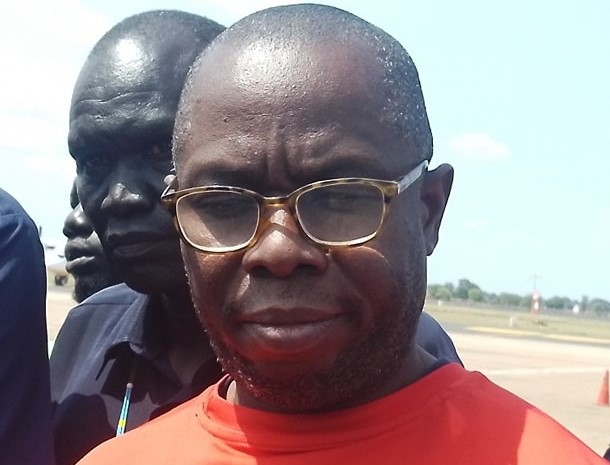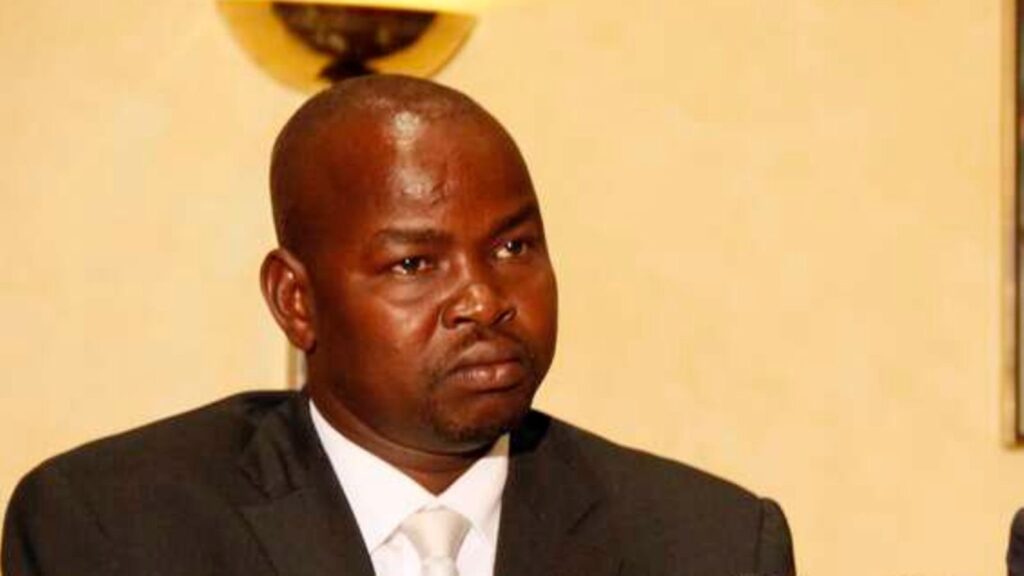The Government of South Sudan has apologized to the American Government for the diplomatic row that erupted when the former refused to let in a Congolese deportee from the U.S, and pledged to expeditiously facilitate the deportation of its affected citizens back to South Sudan.
On 6 April, U.S. Secretary of State Marco Rubio said the United States was revoking visas for South Sudanese passport holders because the country’s transitional government refused to receive citizens who were expelled from the U.S. However, the following day, South Sudan Foreign Ministry Spokesperson Apuk Ayuel Mayen revealed that upon arrival, it was determined that the individual who presented a South Sudanese travel document under the name Nimeri Garang is a national of the Democratic Republic of Congo (DRC) whose real name is Makula Kintu and that he was returned to the sending country (U.S.).
South Sudan, however, backpedaled, under pressure, on its decision not to allow Kintu entry and he again landed in Juba on 9 April after the U.S. revoked visas for South Sudanese passport holders.
A press release issued by Vice President Benjamin Bol Mel on Saturday said the Government of South Sudan wishes to express its respect and appreciation to President Donald J. Trump and Secretary of State Marco Rubio for their leadership and continued commitment to enforcing U.S. immigration policy.
“We apologize for any inconvenience caused to the United States of America and reiterate our desire to resolve this issue swiftly and in a spirit of cooperation,” the statement read in part.

In a move to placate the U.S. Government, Vice President Bol dangled a trade carrot.
“President Gen. Salva Kir Mayardit remains committed to maintaining warm, constructive, and positive engagement with the United States across all areas of mutual interest, including trade, investment, regional security, oil production, and strategic cooperation on critical minerals,” he said. “South Sudan is proud to stand with the United States as a partner in securing access to strategic resources vital to both South Sudan and the U.S. economies and national security.”
The statement also said the government will dispatch a high-level delegation to Washington, D.C., in the coming days to engage directly with officials from the United States Government on the urgent matter of repatriating approximately 137 South Sudanese nationals currently subject to deportation orders from the United States.
“The South Sudanese delegation will be led by Hon. Marial Dongrin ATER, Minister of Finance and Planning, Hon. Johnny Ohisa DAMIAN, Governor of the Bank of South Sudan, and Mr. Elia Kosta FAUSTINO, Director General of the Directorate of Civil Registry, Nationality, Passport and Immigration (DCRNPI),” the statement said. “This delegation will work in close coordination with the U.S. Department of State and the Department of Homeland Security to facilitate an orderly, legal, and dignified return process.”
“The Government of the Republic of South Sudan takes full responsibility for addressing this matter with the seriousness and urgency it deserves. Hence, the incident involving Mr. Kintu Makula/Nemeri Garang was regrettable and isolated, and internal measures have since been taken to prevent recurrence of such regrettable incidents,” it added. Radio Tamazuj






